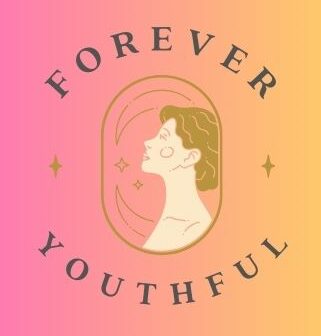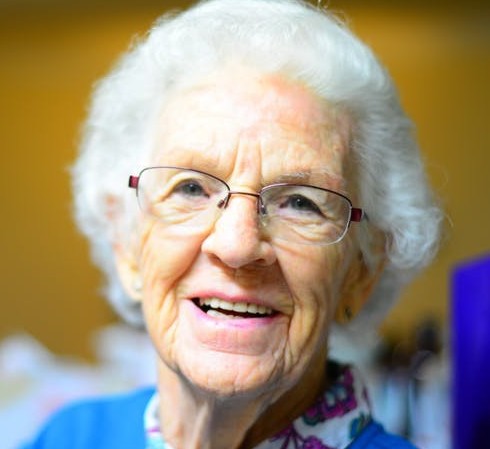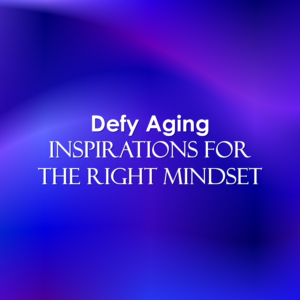Here are some very common misconceptions aging myths and rumors that many of us have heard over and over during our lives.
Aging is a controversial topic in many respects, and like most topics of controversy, there are many misconceptions aging has that people actually believe. In this article, we’ll break down some of the most prevalent aging myths so that you can make more informed decisions about the best strategies for yourself as you move onwards on life’s journey.
Misconceptions Aging Myth 1:
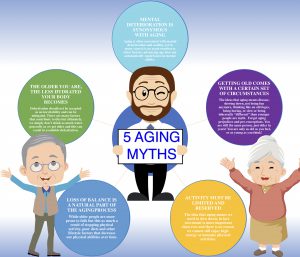
Mental Deterioration Is Synonymous With Aging
Aging is often associated with mental deterioration and senility, yet in many cases, it is an acute reaction to other factors; advancing age does not automatically equal loss in mental ability. Items such as different prescriptive medicines for pain or physical dysfunction can often have mental side effects, not until a very advanced age does mental deterioration begin to set in.
Additionally, a loss of mental sharpness is often just as related to lifestyle changes as it is physiological. In retirement, there is often less challenge, less stimulation, and less interaction, all of which would contribute to a weakened mental state from a lack of intellectual engagement.
Older populations who stay engaged in social and intellectual activities do not experience the same type of mental lethargy as those who do not.
Misconceptions Aging Myth 2:
Getting Old Comes With A Certain Set Of Circumstances
Ideas such as aging mean disease, slowing down, not being fun anymore, thinking like an old fogy, being boring, or slow or being inherently “different” than younger people is a total myth.
Aging prejudices and pre-conceptions are not only false, they are a setup for a mindset that leads to unsuccessful aging. You are still the same person, just older in years!
Remember that you are only as old as you feel, or as young as you think!
Misconceptions Aging Myth 3:
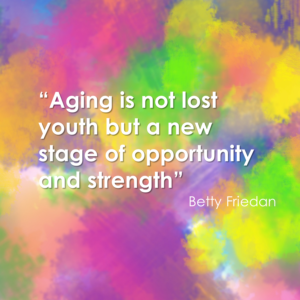
We Can Take Medicine For Aging-Related Issues Indefinitely
Medicine is like any other stimulus or new condition we introduce to the body, it will elicit a response from our body to enact the change required, yet over time the body will adapt to attempt to regain homeostasis.
Just like when we work out and initially are tired or fatigued, after training for a certain period of time the same workout would not be challenging because our body adapts.
There seems to be a viewpoint that as we age medicine and prescriptions are just a part of life and whatever we take is a static condition.
Contrarily, over time we must continue to adapt our medicines, lifestyle, diet and other factors for our body to continue to grow and stay active rather than settle into a stasis with medicines, especially those with side effects that may be detrimental.
Misconceptions Aging Myth 4:
Loss Of Balance Is A Natural Part Of The Aging Process
This might be framed more accurately by saying that everybody falls as they get older. This may be a common occurrence, but it is also a false assumption.
Older populations do fall but this as much a result of stopping physical activity, poor diets and other lifestyle factors that decrease our physical abilities over time.
Balance can be maintained over time with a proper level of physical activity and training, however, as we get older we tend to do less and less when in fact we should probably be doing the same or even more physical activity.
This stimulation and a constant challenge to our neuromuscular system helps to maintain and develop balance which helps us avoid falls, rather than accepting it as a part of the aging process.
Misconceptions Aging Myth 5:
The Older You Are, The Less Hydrated Your Body Becomes
As we age, we naturally tend to need or consume as much water as in our younger days, however, dehydration should not be accepted as an inevitability and can certainly be mitigated.
There are many factors that contribute to this but ultimately, we simply don’t drink as much water generally as we get older and this can contribute to a state of chronic dehydration, but this needn’t be the case at all.
Water is a staple of human life and it has a vital part of almost every system in the body. We must be sure to continue to continually hydrate as we age!
Misconceptions Aging Myth 6:
Aging Robs You Of Your Happiness
Although many people associate old age with depression, loneliness, and misery, getting older does not mean you will lose your joy for life. In fact, recent happiness studies indicate that people are happiest at retirement age.
Today, with the wealth of opportunities available for older adults, this can still ring true for adults who have been retired for many years. Getting older can mean having time to enjoy hobbies and interests that bring true happiness and fullfillment, rather than having all of one’s time engaged in stress and obligations.
Misconceptions Aging Myth 7:
Activity Must Be Limited And Reserved
For whatever reason, most people, especially in western culture, stop or drastically lower their physical activity at later stages in life, and never return. To this point, there is a paradigm that as we get older we must change our activities to low-intensity exercises in the belief that we are too brittle or old to work with intensity.
This could not be further from the truth, and in fact, the truth is that we usually haven’t maintained our physical activity and training to be at a level to do those types of activities.
We may not be at our physical apex, but if we have continued to train there is no reason we cannot still enjoy high-energy or intensity physical activities.
Moreover, the physical benefits of resistance training on bone density, our metabolism and inflammation, balance and more all indicate that we not only can continue to be active, but we should be! Age is no excuse for inactivity, and an active body begets an active and young mind!
Click here for some daily routines that will keep you young.
Conclusion:
Love yourself, look after yourself, care for yourself and there is no reason why you can’t have a happy aging experience. Here are some key points to remember as you age instead of listening to all the misconceptions about aging:
- Active living can help ward off loneliness as well as multiple health conditions.
- Older adults find that they have more time to enjoy life and therefore are often the happiest they have ever been in their later years.
- Active living can help ward off loneliness and multiple health conditions.
- Older adults can and should learn new things or take up new hobbies to find purpose and meaning in life.
